2022 Alumni Reunion Registration
2022 Speakers
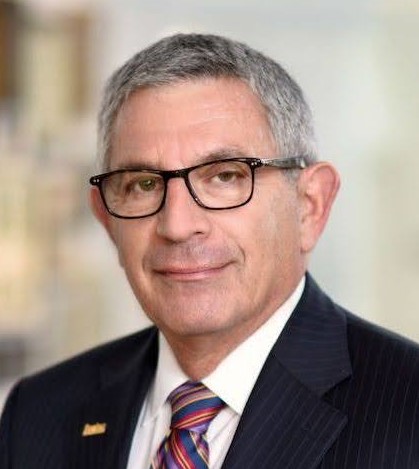
Dr. Klotman serves as president, CEO and executive dean and oversees Baylor’s activities across its mission areas of education, research, patient care and community service. Previously, he served as chair of the Samuel Bronfman Department of Medicine at Mount Sinai School of Medicine, chief of the Viral Pathogenesis Laboratory at the National Institutes of Health and chief of the NIH Molecular Medicine Section of the Laboratory of Developmental Biology. An expert nephrologist, his research focuses on molecular biology and AIDS pathogenesis, and he developed the first animal model of HIV-associated nephropathy using transgenic techniques.
Dr. Klotman serves on the scientific advisory boards of biotech, pharmaceutical and healthcare companies as well as a number of nonprofits. He completed his medical degree and nephrology training at Duke University Medical Center, where he later served as an associate faculty member.

Dr. Agrawal is assistant professor of hematology and oncology at Baylor College of Medicine and specializes in hospice and palliative care at Baylor St. Luke’s Medical Center. She is certified in internal medicine and palliative care by the American Board of Internal Medicine. Dr. Agrawal earned her medical degree from Texas A&M Health Science Center College of Medicine and completed a residency in internal medicine at Georgetown University Hospital, followed by a fellowship in palliative medicine at MD Anderson Cancer Center.
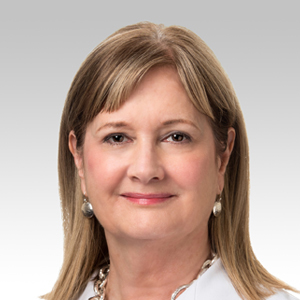
Dr. Anzia is professor and vice chair for education in the Department of Psychiatry and Behavioral sciences at Northwestern University Feinberg School of Medicine. Her primary clinical interests are trauma-related disorders, mood disorders and physician wellness, a subject on which she has written numerous articles. Dr. Anzia earned her medical degree from Loyola University of Chicago Stritch School of Medicine and completed residencies at Loyola University Medical Center, Northwestern University and University of Illinois Hospital.
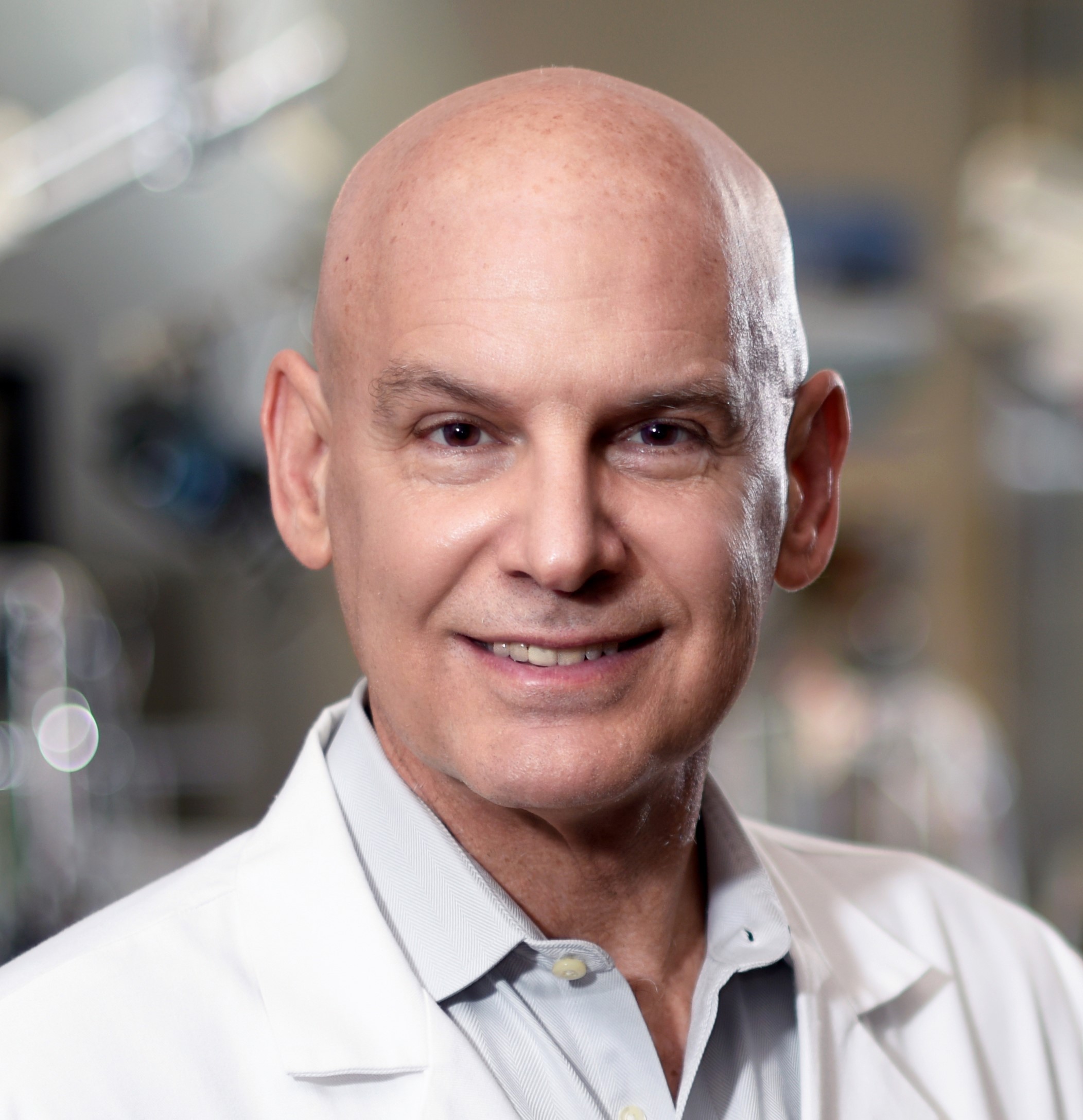
Dr. Ballantyne is professor and chief of cardiology and cardiovascular research at Baylor College of Medicine. He is one of the nation’s foremost experts on lipids, atherosclerosis and heart disease prevention and is an established investigator for the American Heart Association. He has received continuous National Institutes of Health funding since joining Baylor’s faculty in 1988, and concepts he spearheaded throughout his career now are recognized as some of the most transformative cardiovascular disease treatment strategies. Dr. Ballantyne earned his medical degree at Baylor and completed a residency at UT Southwestern. He then undertook fellowship training at the Howard Hughes Medical Institute and Institute for Molecular Genetics at Baylor.

Dr. Chumpitazi is associate professor of pediatrics and pediatric emergency medicine at Baylor College of Medicine and associate chief of research at Texas Children’s Hospital, where she also serves as Sedation Oversight Committee chair and Pain Care Process Team assessment co-lead. She has conducted extensive research and served on the boards of numerous professional organizations in the emergency medicine and sedation fields. She also has written several pain and sedation textbook chapters, evidence-based guidelines and research articles. Dr. Chumpitazi earned her medical degree from the University of Wisconsin School of Medicine and Public Health. She completed her pediatric residency at Massachusetts General Hospital and a pediatric emergency medicine fellowship at Baylor. She holds a Master of Science degree in clinical research from UTHealth.
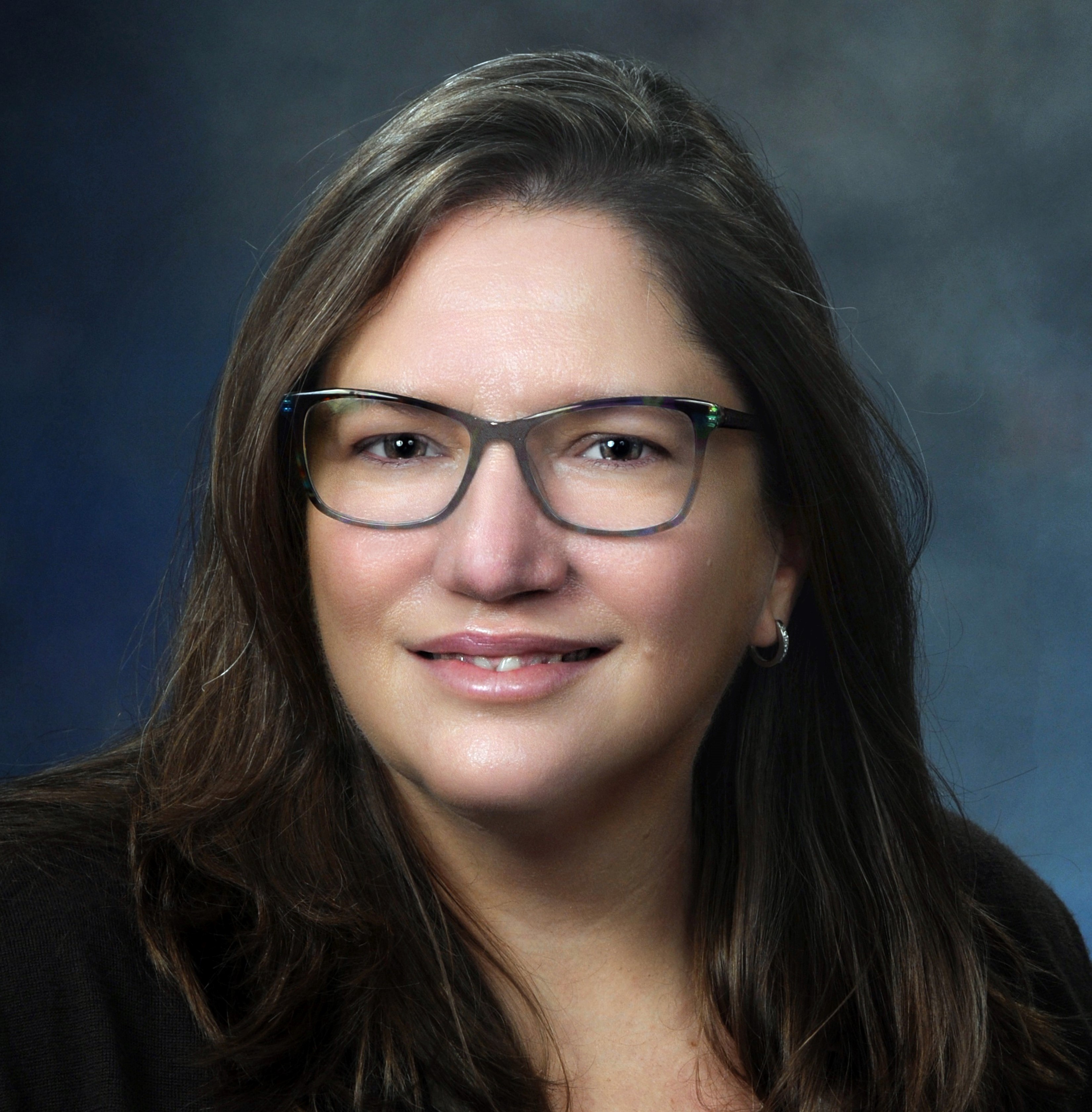
Dr. Dickinson is senior vice president and dean of research at Baylor College of Medicine. She holds the Kyle and Josephine Morrow Endowed Chair and is a professor with appointments in Molecular Physiology and Biophysics, Molecular and Human Genetics and Medicine. She oversees Baylor’s top-ranked research mission with more than $600 million in awards in 2021. Her leadership responsibilities include the Office of Clinical Research, Research Strategy, Sponsored Research, the Advanced Technology Cores, the Center for Comparative Medicine, Baylor Licensing Group, Research IT and the Office of Research, and she serves as the institutional official for Baylor’s human subjects and animal research programs. She came to Baylor in 2005 as an assistant professor and has held a number of leadership roles at the College and in the greater scientific community. After receiving her Ph.D. from Columbia University, she carried out post-doctoral work at California Institute of Technology.

Dr. Donoviel serves as associate professor in the Department of Pharmacology and Chemical Biology and Center for Space Medicine at Baylor College of Medicine and is director of the Translational Institute for Space Health. In TRISH, she leads a NASA-funded program that finds, funds and facilitates human performance solutions for astronauts traveling in deep space. Her prior roles include serving as deputy chief scientist and industry forum lead for the National Space Biomedical Research Institute. She earned her Ph.D. from the University of Washington and completed a postdoctoral fellowship at Mount Sinai Research Institute in Toronto.
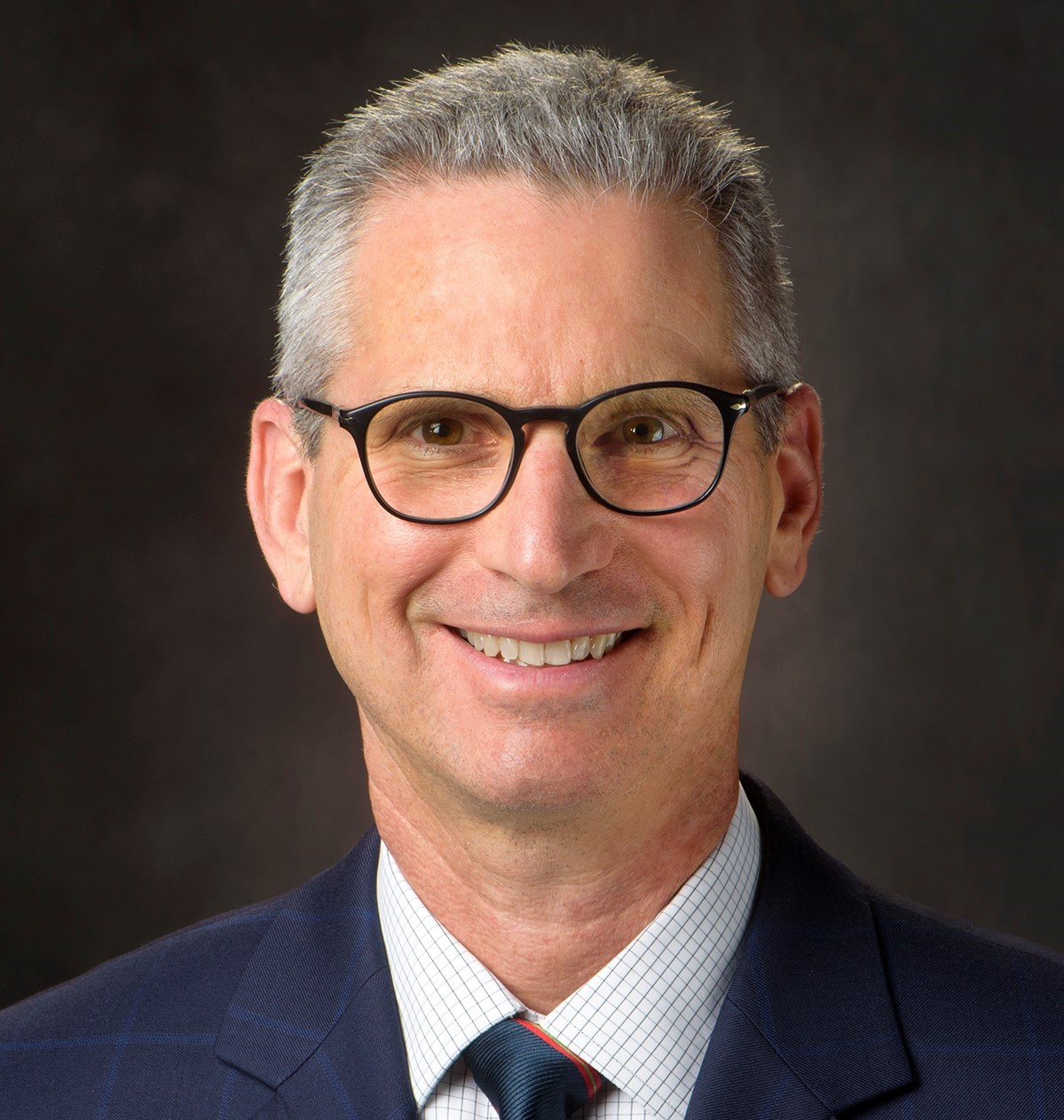
Dr. Epner is a palliative care physician at The University of Texas MD Anderson Cancer Center. As a faculty member at MD Anderson, he focuses on psychosocial aspects of oncology, primarily, communication skills training for palliative care fellows and other providers. He uses narrative medicine techniques, such as reflective writing, close reading of medical-themed stories and discussing clinically relevant films, to teach these skills. He authored “Empathy: Real Stories to Inspire and Enlighten Busy Clinicians,” which will be released in Spring 2022. Dr. Epner earned his medical degree from Baylor College of Medicine and completed an internship in internal medicine at The University of Texas Southwestern Medical Center. He also undertook fellowships in molecular genetics at UCLA School of Medicine and in medical oncology at Johns Hopkins University School of Medicine.
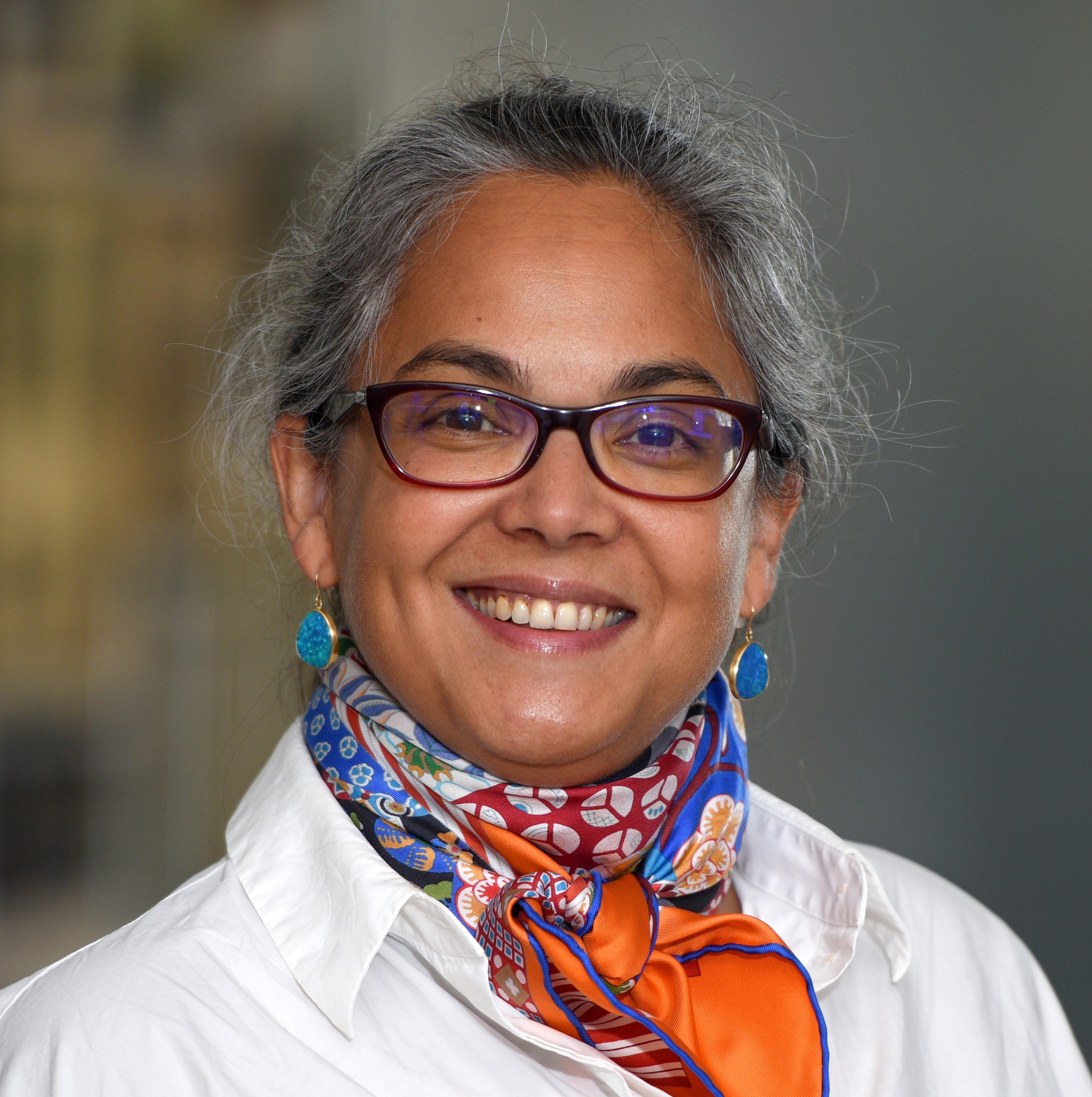
Dr. Fedson is associate professor in the Center for Medical Ethics and Health Policy at Baylor College of Medicine and associate cardiology professor at the DeBakey VA Medical Center. She is an advanced heart failure and transplant cardiologist and before her move to Texas, worked with the busiest heart transplant center in Illinois. She is a speaker at national and international heart failure and transplant meetings on topics such as end-of-life, ethical dilemmas in heart transplant candidacy and candidacy for mechanical circulatory support. Dr. Fedson earned her medical degree from the University of Virginia School of Medicine and a graduate degree in intellectual history from The University of Chicago.

Dr. Fisher is associate professor of medicine and medical ethics at Baylor College of Medicine. She also serves as chief of the Department of Medicine Section of General Internal Medicine at Harris Health, where she sees patients and trains medical residents. Her academic focus is on women’s health with an emphasis in partner violence, topics that she has spoken, written and advocated about extensively. After spending a year in India volunteering for a non-governmental organization, Dr. Fisher earned her medical degree and completed residency training at Baylor. She then completed a Master of Public Health degree at UThealth while also serving as a junior faculty member at Baylor.
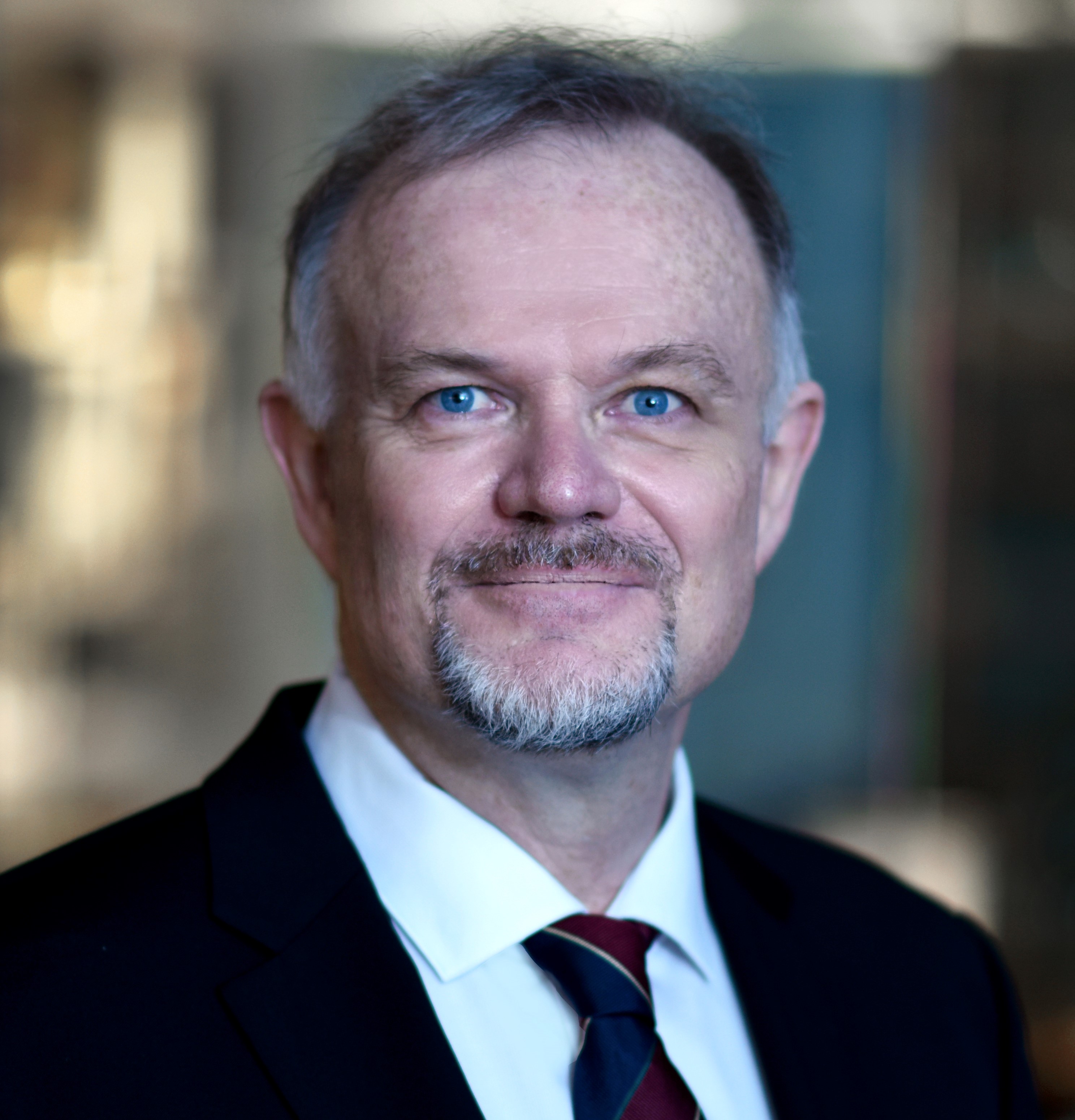
Woffard Cain Chair and Professor Dr. Richard Gibbs is founder and director of Baylor College of Medicine’s Human Genome Sequencing Center, one of six locations worldwide that completed the Human Genome Project. Under Dr. Gibbs, the HGSC pioneered personal genomics, developed the widely used DNA exome capture technology and created the first genetics diagnostics laboratory based on whole gene sequencing. For his many contributions to science and medicine, he was elected to the National Academy of Medicine in 2011. Dr. Gibbs earned his Ph.D. from the University of Melbourne and completed postdoctoral training at Baylor.

Dr. Giordano holds the MD Anderson Foundation Chair and is chief of the Section of Infectious Diseases and professor of medicine at Baylor College of Medicine. He also is an investigator in the Center for Innovations in Quality, Effectiveness and Safety at the DeBakey VA Medical Center and director of the Texas Developmental Center for AIDS Research. He has provided healthcare for adults with HIV since 1999 and led numerous studies on retention in HIV care. He is a former member of the FDA Antiviral Drug Advisory Committee and the NIH study section, Behavioral and Social Consequences of HIV/AIDS. He is a scientific member of the US Department of Health and Human Services’ Panel on Antiretroviral Guidelines for Adults and Adolescents. He earned his medical degree at the Johns Hopkins University School of Medicine and completed a residency in internal medicine at the Hospital of the University of Pennsylvania and an infectious diseases fellowship at Baylor.

Dr. Goodman serves as the Irene Ellwood Professor and chair of the Menninger Department of Psychiatry and Behavioral Sciences at Baylor College of Medicine, where he specializes in obsessive-compulsive disorder and deep brain stimulation for intractable psychiatric illnesses. He was principal developer for the Yale-Brown Obsessive Compulsive Scale, the gold standard for assessing OCD, and is co-founder of the International OCD Foundation. Prior to joining Baylor, he held senior administrative positions at Mount Sinai, the National Institute of Mental Health and the University of Florida. He earned his medical degree from Boston University School of Medicine and completed his internship, residency and research fellowship at Yale School of Medicine, where he remained on faculty for seven years.
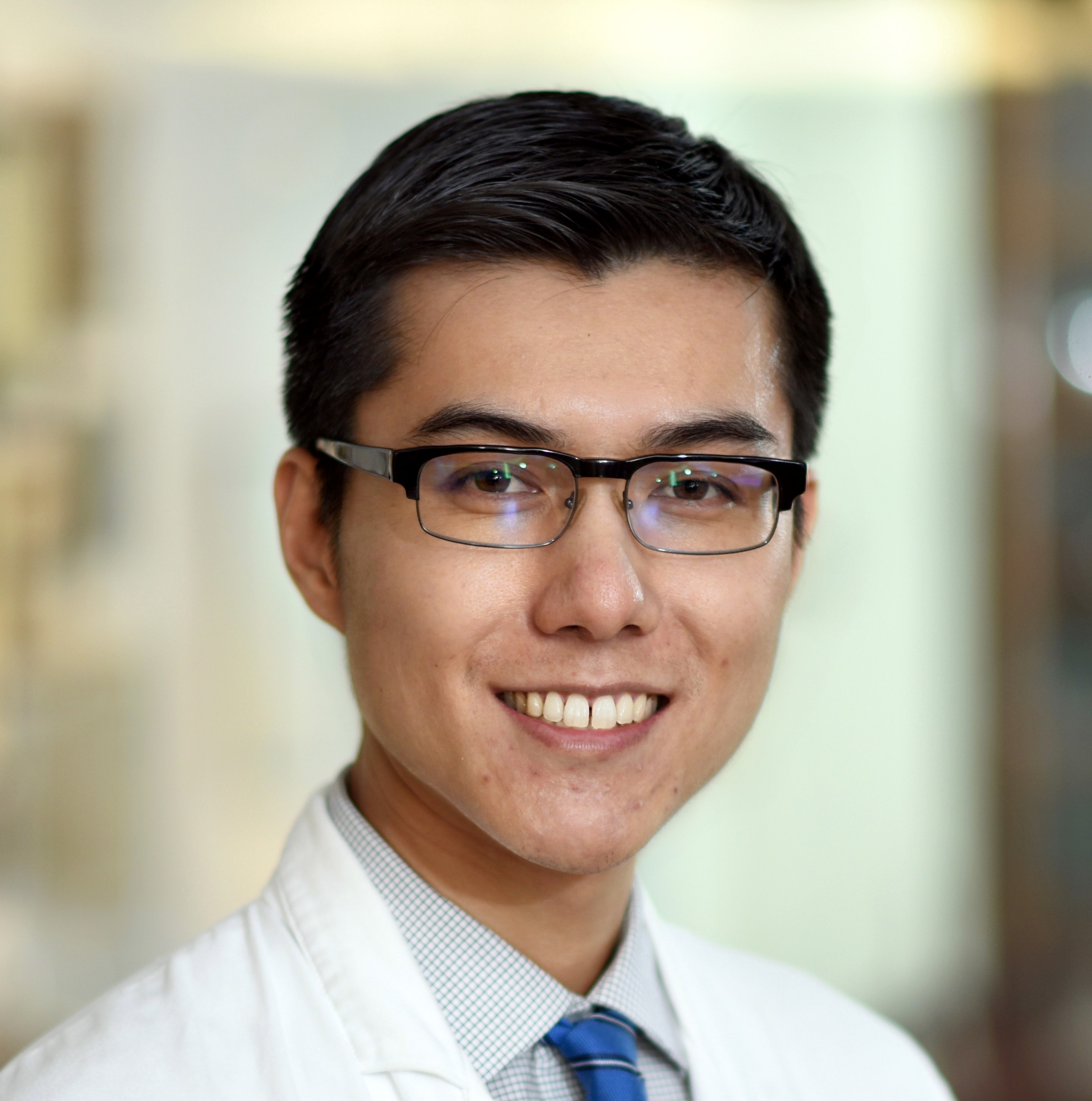
Dr. Huang is assistant professor of medicine in the Section of Hematology and Oncology at Baylor College of Medicine and staff physician in hematology and oncology at the Michael E. DeBakey Veterans Affairs Medical Center. He is board certified in medicine, hematology and oncology. Dr. Huang earned his medical degree from The University of Vermont Lerner School of Medicine and completed a residency in internal medicine and a fellowship in hematology and oncology at Baylor.
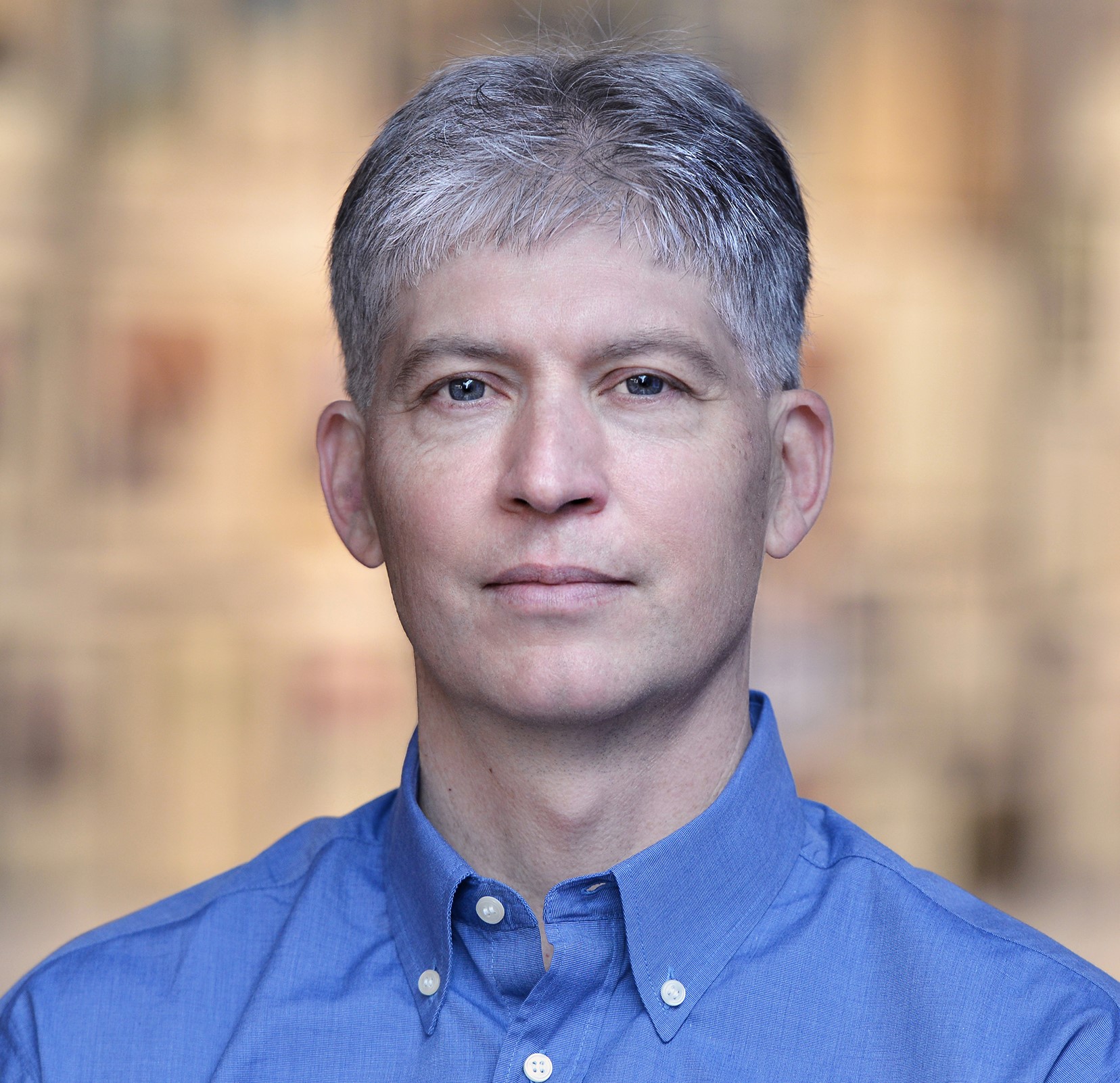
Dr. Ling is professor of molecular virology and microbiology at Baylor College of Medicine. He is a leading global expert in elephant endotheliotropic herpesvirus, a fatal disease in elephants. His lab also studies the pathogenesis of gamma herpesviruses, a subfamily of herpesviruses associated with several malignancies in humans. His lab uses a variety of genetic, biochemical and omics approaches to discover and characterize new intrinsic and innate host responses to infection and to identify viral countermeasures to these responses to understand how they establish long-term chronic infections in their hosts. Dr. Ling earned his Ph.D. at the Uniformed Services University of the Health Sciences and completed a postdoctoral fellowship at Johns Hopkins University School of Medicine.
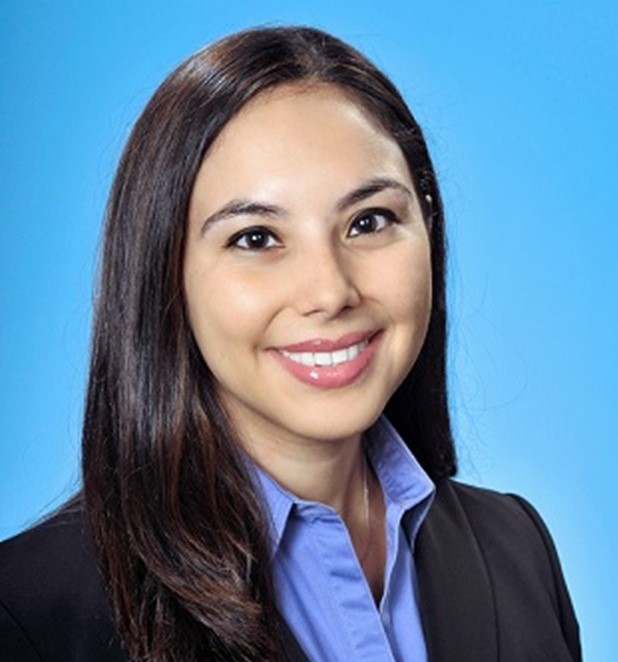
Dr. Lopez serves as associate professor in the Department of Pediatrics Division of Hospital Medicine and in the Center for Medical Ethics and Health Policy at Baylor College of Medicine. She has received external funding for her novel research on screening for social determinants of health in the hospital setting and has written and spoken extensively in this area. She is first author of “Disparities in Child Health: A Solutions-Based Approach.” Dr. Lopez earned her medical degree at Baylor, where she completed a residency and chief residency in pediatrics and a fellowship in pediatric hospital medicine. She completed her Master of Public Health at UTHealth School of Public Health with a concentration in health disparities.
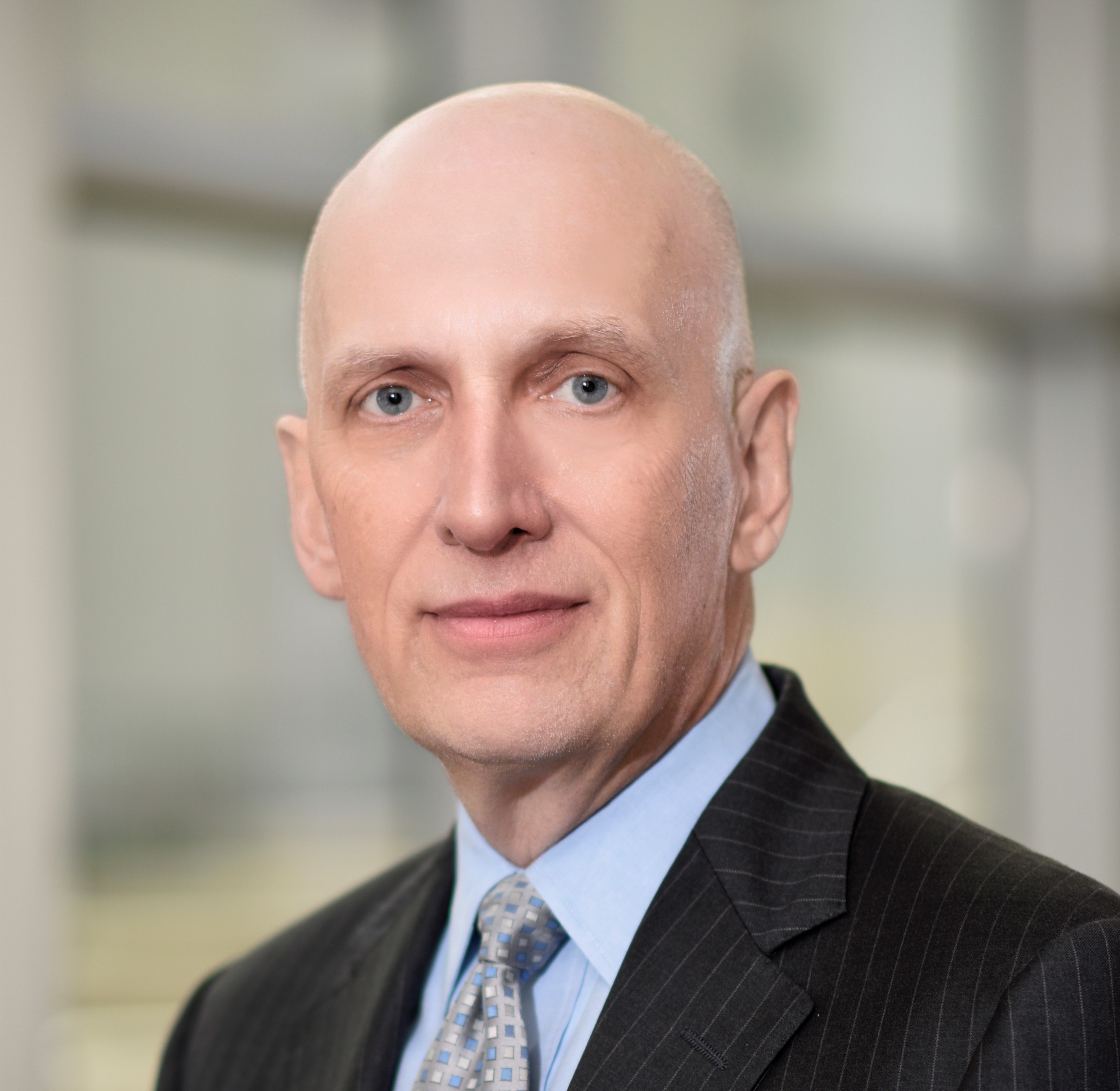
James McDeavitt, M.D., serves as executive vice president and dean of clinical affairs at Baylor College of Medicine. In these roles, he is responsible for Baylor’s entire clinical mission, including leadership of the Baylor Medicine academic practice. During the height of the COVID-19 pandemic, he led Baylor’s Incident Command Center. He previously served as chief academic officer and senior vice president for education and research at Carolinas HealthCare system (now Atrium Health) as well as founding associate dean for the University of North Carolina School of Medicine Charlotte Campus. He also was founding chair of the Department of Physical Medicine and Rehabilitation at Carolinas Medical Center. Dr. McDeavitt earned his medical degree from Wake Forest University School of Medicine, where he also completed an internship. He completed his residency at Thomas Jefferson University.

Dr. Mims is professor and chief of the Section of Hematology and Oncology at Baylor College of Medicine, where she trains medical students and oversees strong clinical research programs in gastrointestinal malignancies, breast cancer, genitourinary cancers, hematologic malignancies and cellular therapy, among other areas. Her clinical expertise is in treating patients with hematologic malignancies and solid tumors. Dr. Mims earned her medical degree and undertook her internship, residency and fellowship training in hematology and oncology at Baylor. She completed a Ph.D. in biochemistry at Rice University.

Dr. Alicia D.H. Monroe serves as provost and senior vice president of academic and faculty affairs at Baylor College of Medicine. She holds the Cullen Trust for Higher Education Provost Chair and serves as the interim diversity, equity, and inclusion chief.
As provost, Monroe ensures that the College and its programs are maintaining compliances with the Southern Association of Colleges and Schools Commission on Colleges and institution-level accreditation guidelines. Her office provides centralized infrastructure to leverage resources across Baylor and focuses on several key strategic priorities at the institution level that further advance and support the College’s faculty and academic initiatives. She also focuses on supporting faculty through faculty development, well-being and diversity, inclusion, and equity programs.

Dr. Nuila is associate professor and attending physician at Baylor College of Medicine, where he teaches internal medicine and medical humanities. He also co-directs the Narrative Medicine Program at Baylor and teaches in the Medicine & Society Program at the University of Houston. His essays on medical ethics and health disparities have appeared in the New Yorker and The Atlantic websites, New England Journal of Medicine and Virginia Quarterly Review. Dr. Nuila earned his medical degree from Baylor.
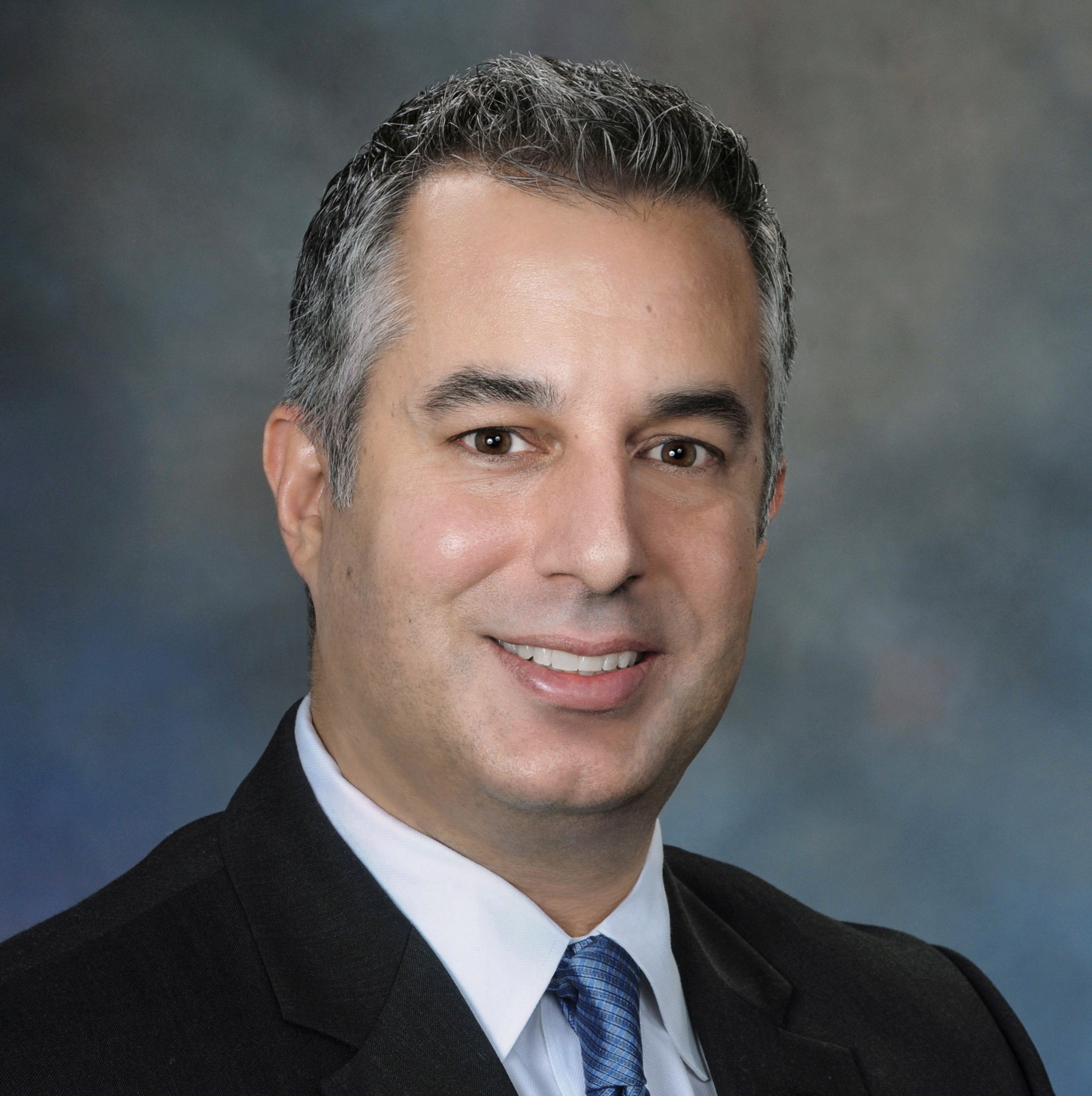
Dr. Petrosino is professor and chair of the Department of Molecular Virology and Microbiology at Baylor College of Medicine. He also directs the Alkek Center for Metagenomics and Microbiome Research and has joint appointments in Baylor’s Human Genome Sequencing Center, Dan L Duncan Comprehensive Cancer Center and Department of Ophthalmology. By studying humans and pre-clinical models, his laboratory investigates how the human microbiome influences host health with the goal of introducing new diagnostics and treatments for human diseases. He and his team secured Baylor’s participation in the Human Microbiome Project as a large-scale sequencing center. In 2015, he launched Diversigen, a Baylor start-up that provides microbiome-related services to pharmaceutical companies. He also is chief science officer for another Baylor start-up, Anziome, which focuses on microbiome-based therapies for companion animals. A prolific writer in his field, he serves on the boards of several microbiome and nutrition companies. After completing his postdoctoral fellowship in genetics and genomics as well as a Ph.D. in microbiology and immunology at Baylor, he was hired as a faculty member in 2006.

Dr. Ropper is associate professor in the Department of Neurosurgery at Baylor College of Medicine and director of spine surgery in the Spine Center at Baylor St. Luke’s Medical Center. He specializes in minimally invasive and spine surgery and is certified by the American Board of Neurological Surgery. He holds a Baylor Early Career Faculty Award for Excellence in Patient Care, among other honors and accolades. Dr. Ropper earned his medical degree from Tufts University School of Medicine and undertook an internship at University of Miami Miller School of Medicine. He completed a residency at Brigham and Women's Hospital, Harvard Medical School, and a clinical fellowship in complex spine surgery at Barrow Neurological Institute.

Dr. Rosengart serves as chair of the Michael E. DeBakey Department of Surgery and professor of molecular and cellular biology at Baylor College of Medicine. He also serves as professor of heart and vascular disease at Texas Heart Institute. He is a pioneer in the field of gene therapy and an expert in minimally invasive surgical techniques. Dr. Rosengart obtained his medical degree from Northwestern University and completed an internship and residency training in general surgery at New York University Medical Center.
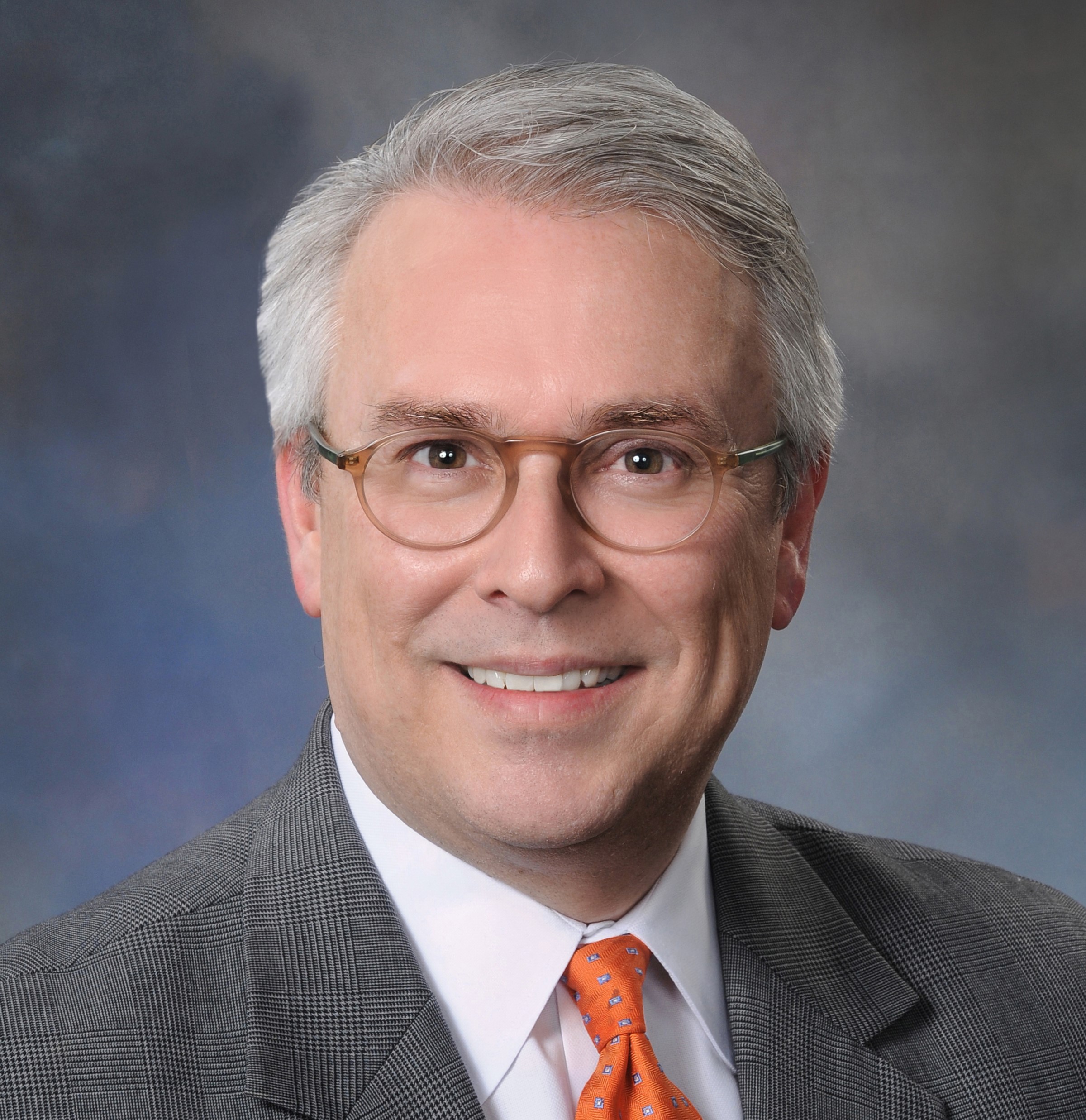
Dr. Stout is the Sid W. Richardson Professor and Margarett Root Brown Chair of the Department of Ophthalmology and director of the Cullen Eye Institute at Baylor College of Medicine. He previously served as professor of ophthalmology and molecular genetics and vice president for commercialization strategies at Oregon Health & Science University. He is an internationally recognized leader in gene therapy for eye diseases. Dr. Stout earned his medical degree and Ph.D. in molecular genetics at Baylor and undertook an ophthalmology residency and surgical retina fellowship at Doheny Eye Institute. He completed medical retina fellowship training at Moorfields Eye Hospital in London, England, and holds an MBA from the University of Oregon.
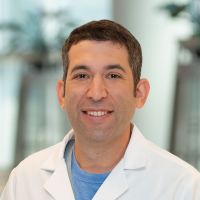
Dr. Tolpin is clinical associate professor in the Department of Anesthesiology at Baylor College of Medicine and a physician at Texas Heart Institute at Baylor St. Luke’s Medical Center. He is a board-certified anesthesiologist and earned his medical degree from Thomas Jefferson University Hospitals, followed by a residency in anesthesiology and clinical fellowship in adult cardiothoracic anesthesiology at Baylor.
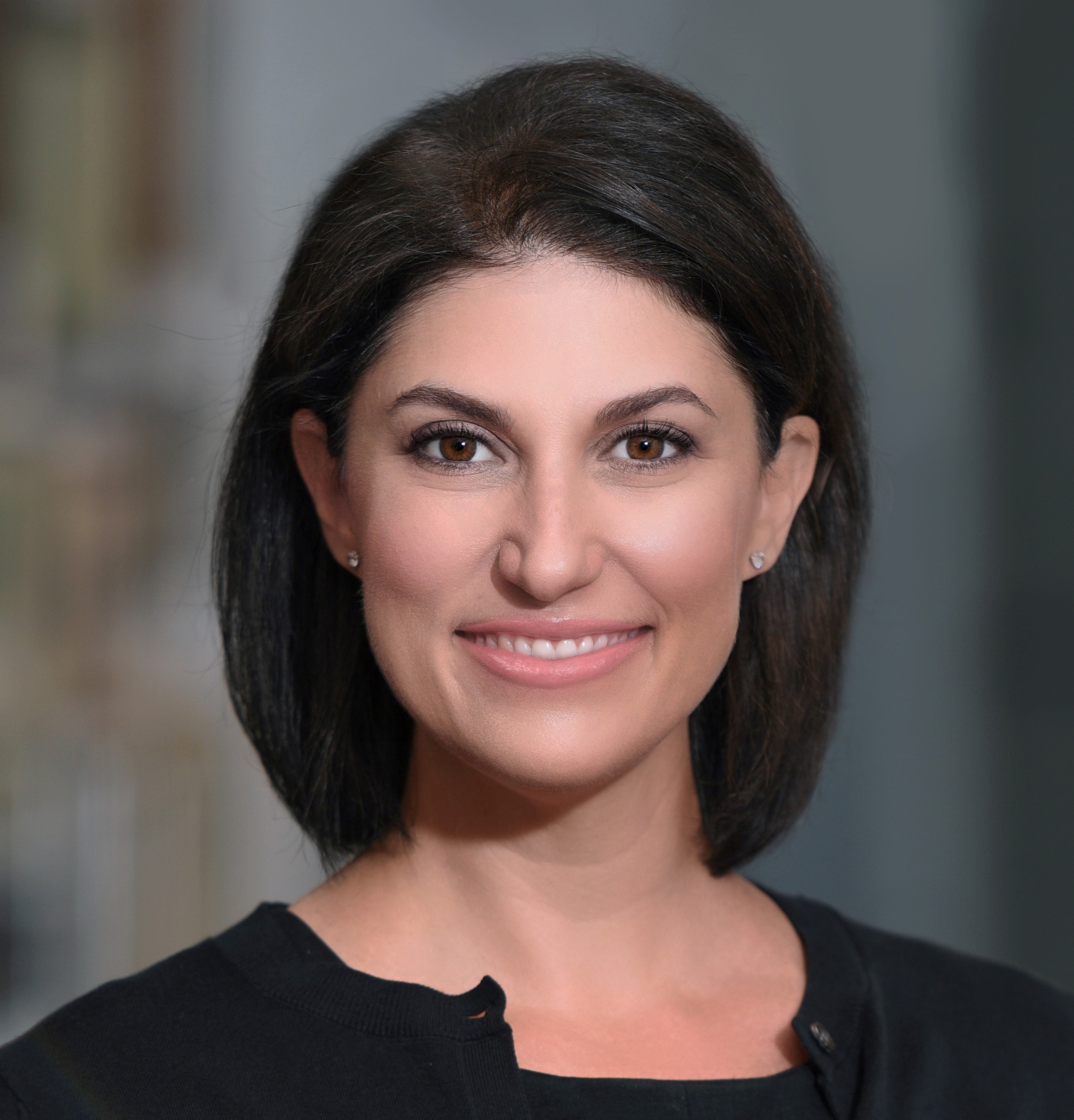
Ms. Young is senior vice president for Institutional Advancement at Baylor College of Medicine, where she oversees the Office of Institutional Advancement and Alumni Affairs. She has extensive experience in producing national and global strategic alliances and partnership opportunities among healthcare leaders and providers, organizations, foundations, corporations and philanthropists. Prior to her current role at Baylor, she served as chief philanthropy and communications officer at the Australia-based Minderoo Foundation and as associate vice president for development at MD Anderson Cancer Center. Ms. Young holds an undergraduate degree in speech communications from The University of Texas at Austin.








